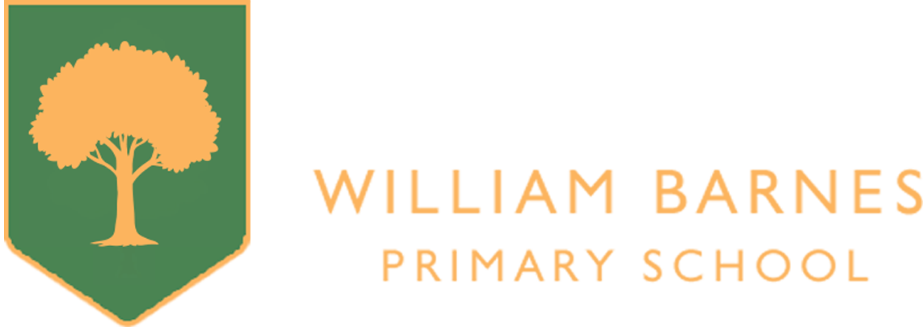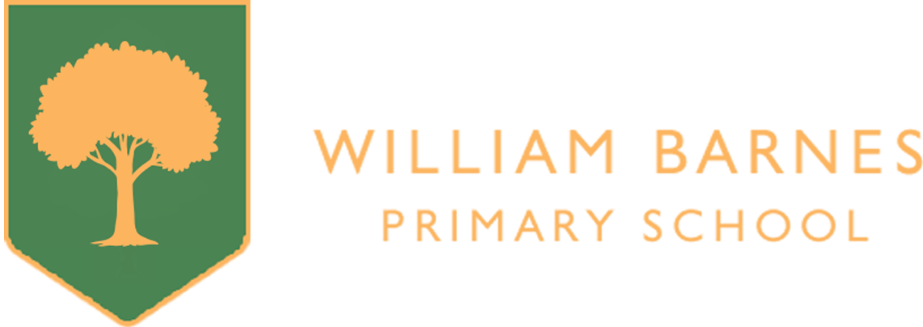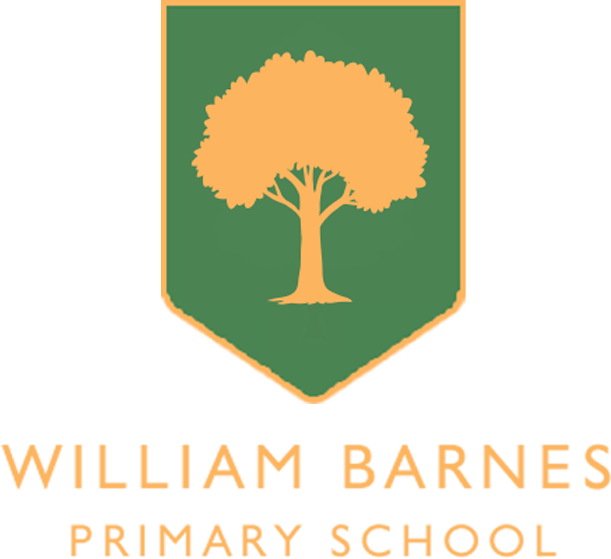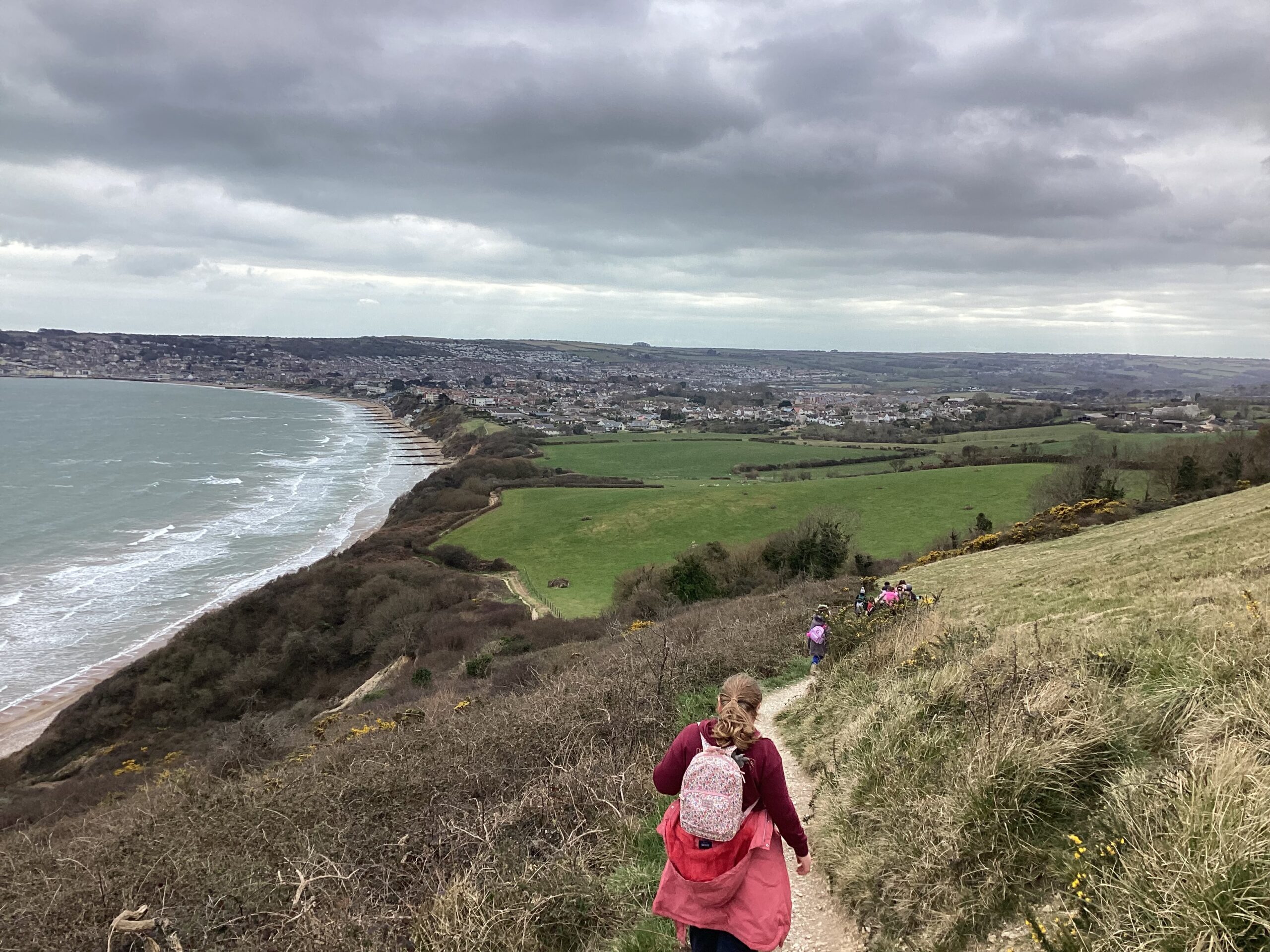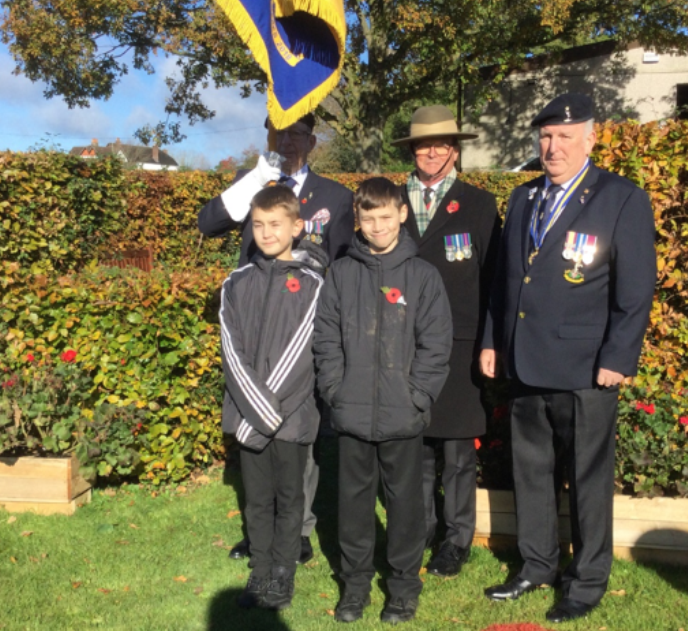
‘We Project’ Takes Outward Facing William Barnes to New Level
‘We Project’ Takes ‘Outward Facing’ School William Barnes to New Level You may have heard the term ‘outward facing’ used in Ofsted Inspection reports and in the media when referring to schools and academies. Head teacher Mrs Wrixon has always seen this as a key driver of improvement at William Barnes during her time at the school. Whether it be by encouraging teacher’s to use the latest research to inform their teaching, to meet and share best practice with other teachers from local schools, to develop their professional knowledge by gaining national leadership qualifications or to make links with local teaching hubs in English, Mathematics or Computing, Mrs Wrixon has consistently held the importance of collaboration and connection with the local community and beyond at the heart of her school vision. However, as the ‘We Project’ starts to capture the imagination of the staff and children at the school, William Barnes is about to launch itself to another level by expanding the horizons of the children and the wider school community to even higher levels.
What is the ‘We’ Project? The ‘We’ Project is an idea that has gradually been taking hold in a variety of primary schools across the country over the last couple of years. It is not a government policy, nor a campaign set up by a national charity, but rather a grassroots initiative being led by Head teachers who share similar aspirations for the schools they lead. The name ‘We’ signifies that everyone involved in the project is working together to reach out and connect with the lives and circumstances of others who live in their communities and beyond. This is the ‘collective’ we, the common humanity we all share, the global village, the interconnected world in which we all live. The ‘We’ Project proposes that in a world with many challenges individual actions if increased to sufficient scale and size, can still create a force for positive change that cannot be resisted. The intention is to empower the children to see that their own individual actions are significant and can have an impact. Each school participating in the project contributes to this force for change by participating in one hundred activities that can make a difference to the lives of others. These actions can involve supporting charities, writing pen-pal letters, learning about the lives of children in other parts of the World and supporting our own local communities through donations and fund-raising. In our main corridor, Mr Field has created a display that includes a jigsaw puzzle with one hundred pieces. Each time an activity or event takes place at the school that involves our school community reaching out to support and connect with others living beyond the school’s gates, we will add this to the display until the whole puzzle is complete. All the children will be able to see for themselves, in one strikingly visual image of a completed jigsaw, how their unique efforts have made a difference.
The “We Project’s” Vision With each child contributing to every participating school’s one hundred activities, as the mumber of schools taking parting increases, the impact of the project grows. For example, if one hundred schools take part, that will produce ten thousand positive contributions; if one thousand schools take part, then the total would reach one hundred thousand positive actions; ten thousand schools would create an astonishing one million positive collective actions. The vision of this project is to inspire a whole generation of primary school children to see that they are not powerless, but by working together with like-minded others, who share their values and have a desire to create a fairer and more equal world, they can make a difference to the future of their communities and the planet as a whole.
